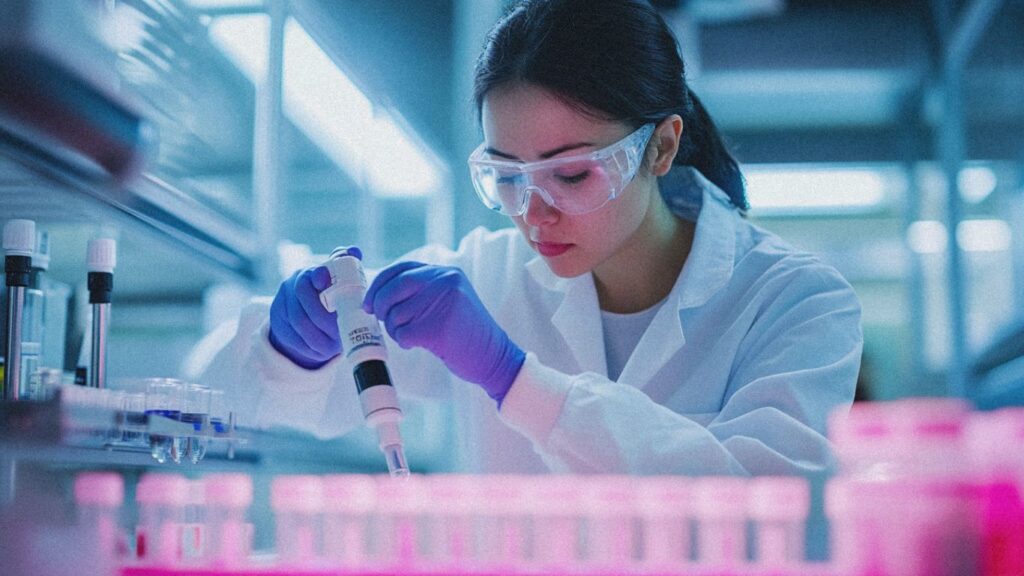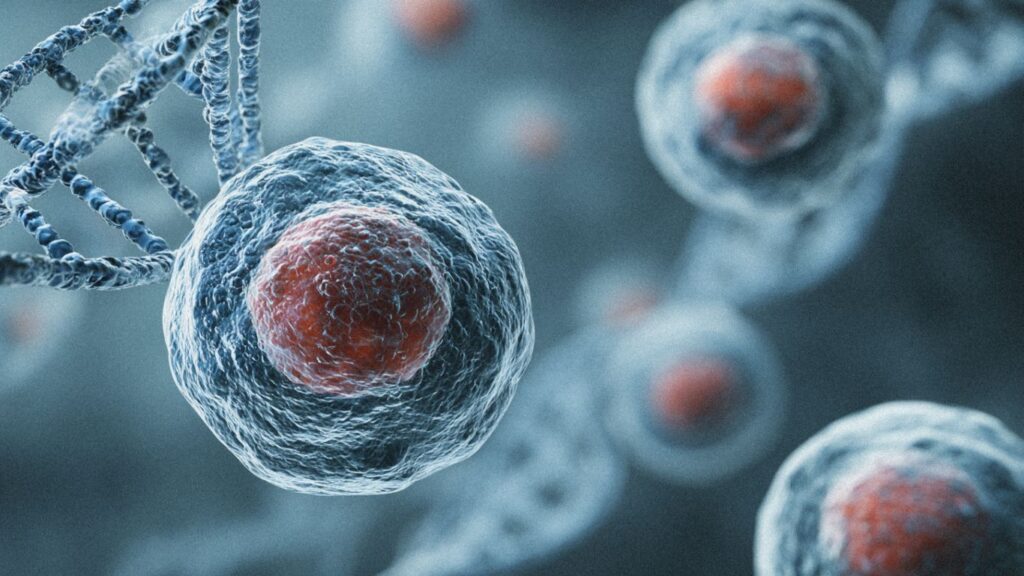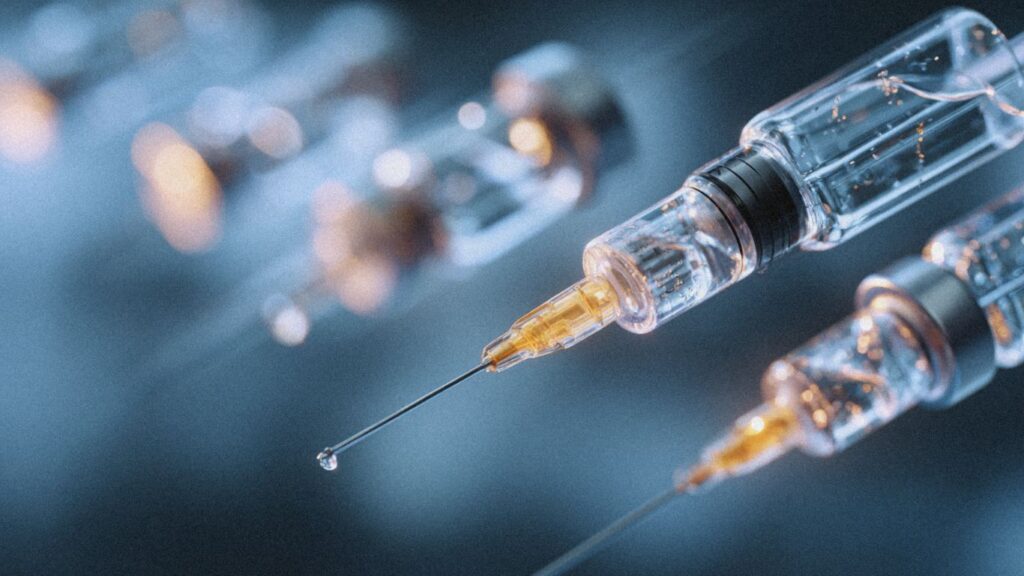Quick Summary
- Trial Outcome: Boston Scientific’s Acurate neo2 transcatheter aortic valve replacement (TAVR) system missed its primary endpoint in a critical trial.
- Comparison Results: Acurate neo2 showed higher rates of adverse events compared to competitor valves from Edwards and Medtronic.
- Regulatory Impact: The findings may affect the pathway to FDA approval for Acurate neo2 in the U.S., with additional data likely needed.
Boston Scientific recently faced challenges in bringing its Acurate neo2 TAVR system to market in the United States. In a key study presented at the Transcatheter Cardiovascular Therapeutics (TCT) conference, the device did not meet its primary endpoint, falling short in its comparison with existing valves from Edwards Lifesciences and Medtronic. The IDE (Investigational Device Exemption) study showed a 16.16% rate of adverse outcomes, including mortality and rehospitalization, for Acurate neo2, versus 9.53% for the control valves. This was below the threshold required for non-inferiority, which limits the likelihood of securing FDA approval without additional data.
A major area of focus in the study was procedural optimization, as about 20% of the Acurate neo2 valves were under-expanded post-procedure, which correlated with poorer outcomes. Dr. Janar Sathananthan of Boston Scientific highlighted that future optimization could improve device performance, emphasizing the importance of technique and training for better patient results.
The setback will require Boston Scientific to work closely with the FDA to determine a regulatory path forward, potentially involving further clinical trials to address device performance and procedural consistency. This also underscores the importance of Boston Scientific’s investment in ongoing research and technology refinement to compete in the TAVR market.
References



